
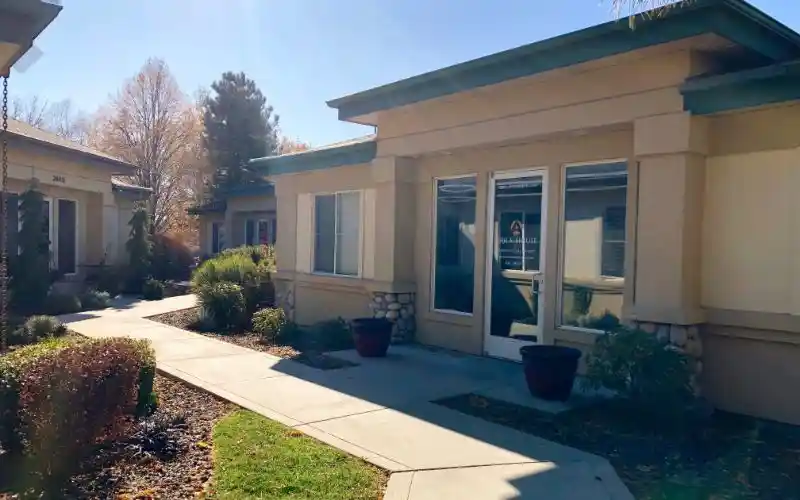


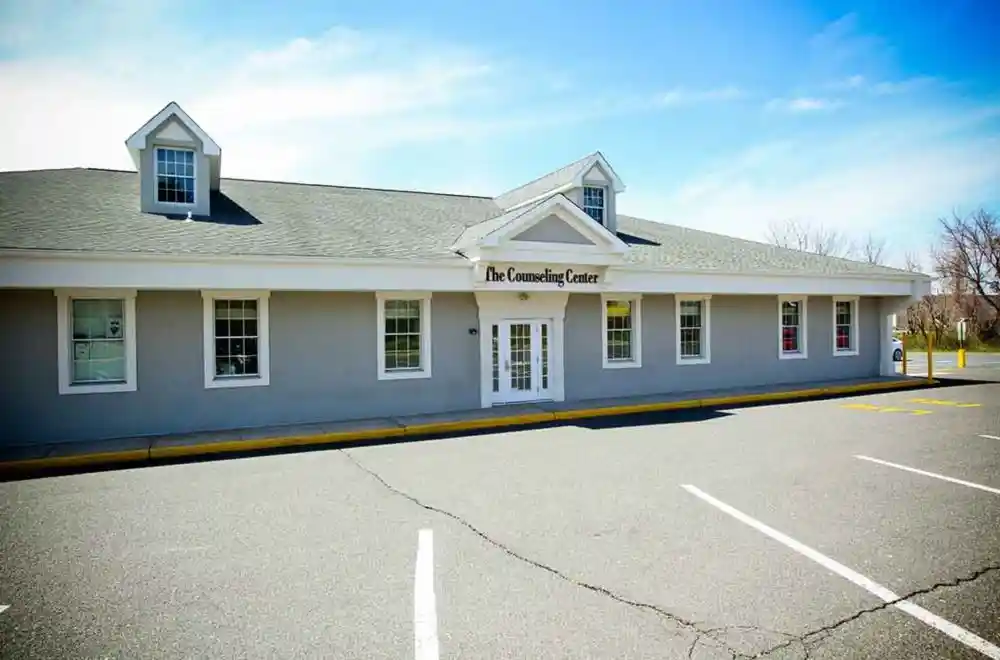
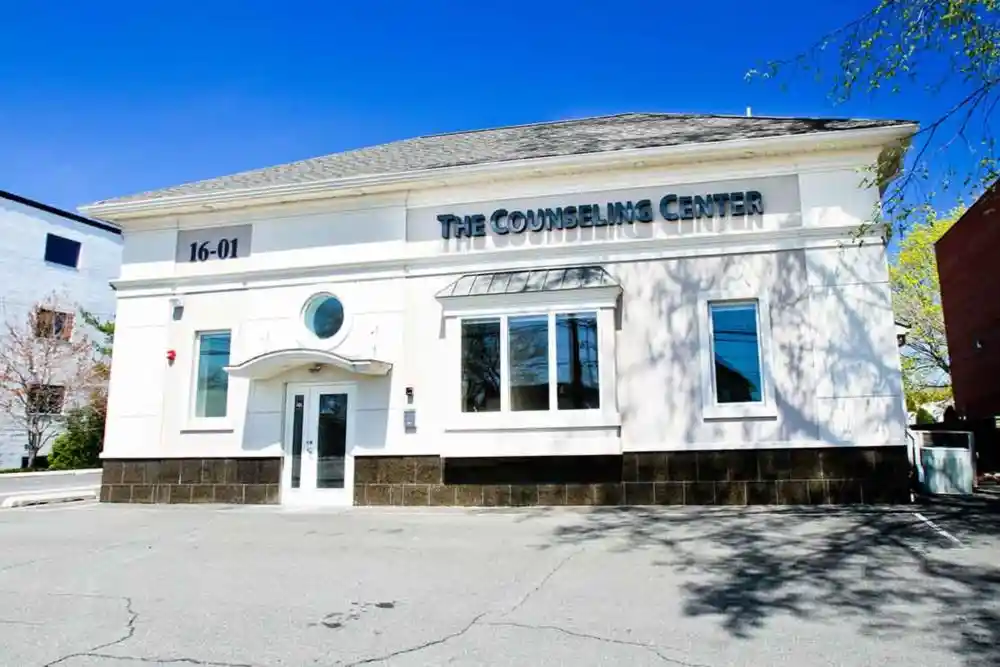

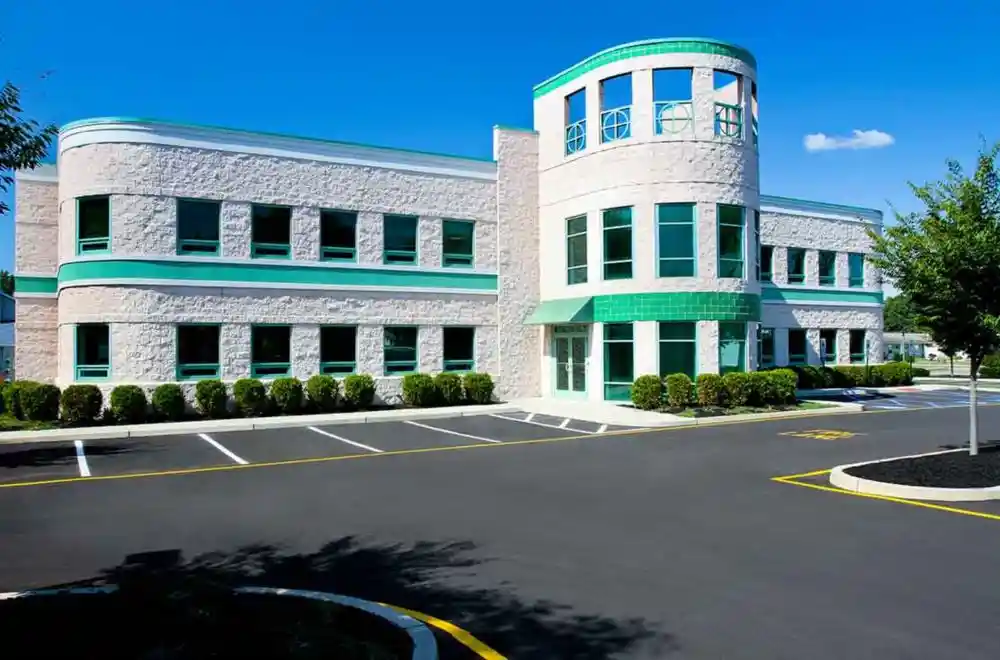
Choosing an outpatient rehab center is a pivotal step in balancing treatment with personal obligations. This guide focuses on how you can find the right program at outpatient rehab centers that facilitates recovery while you stay engaged with your daily life. Learn about the various outpatient options, their advantages compared to inpatient care, and practical tips for selecting a center that meshes with your schedule and budget.
Outpatient rehab centers allow individuals to balance their regular life responsibilities with addiction treatment, offering flexible, part-time programs that can be integrated into daily schedules.
Different outpatient programs cater to varying levels of addiction severity and individual needs, including day treatments, intensive outpatient programs, and continuing care groups.
Selecting the right outpatient rehab center requires consideration of program accreditation, treatment staff qualifications, available therapies, and financial aspects such as insurance coverage and treatment costs.
 The Core Advantages of Outpatient Treatment Programs
The Core Advantages of Outpatient Treatment ProgramsPicture sustaining your daily routine while concurrently receiving the necessary treatment. Outpatient treatment programs provide this equilibrium, enabling patients to uphold their family, work, or school duties. Designed as part-time, these programs blend effortlessly into your schedule, allowing you to pursue professional or educational interests with little interruption.
For those with stable and supportive home environments, intensive outpatient programs provide the necessary flexibility and comprehensive support to foster recovery. Moreover, the financial accessibility of outpatient care, often more affordable than inpatient rehab options, opens the doors of treatment to a wider audience.
As you navigate through the plethora of outpatient options, you’ll discover that these programs cater to individual needs. They can range from partial hospitalization to intensive outpatient programs, each varying in duration and intensity. Your journey to recovery will be distinctive, influenced by your addiction’s severity and your recovery stage.
Outpatient alcohol rehab programs offer a range of treatment options to meet different needs and lifestyles. These outpatient rehab program options include:
Day treatment
Continuing care groups
Programs with a few weekly hours
Programs with several daily hours
You can choose a treatment schedule that matches your recovery objectives.
Among the most structured outpatient options, partial hospitalization programs, or day treatments, offer a rigorous approach to recovery while still allowing you to sleep in your own bed each night. These programs require a substantial time commitment, often exceeding 20 hours per week, positioning them as a more intensive option for those who can commit a substantial part of their day to treatment.
Despite providing a high standard of care, the cost for participating in these programs can vary, with private care facilities charging between $350 and $450 per day.
For those striving to balance intensive care and life duties, Intensive Outpatient Programs (IOPs) offer a perfect compromise. These programs:
Establish a treatment plan with measurable milestones
Offer sessions for counseling and group therapy
Provide flexibility to decrease time commitments as recovery goals are achieved.
The flexibility of IOPs is fundamental, with sessions planned around maintaining employment or education, gradually lessening in frequency as individuals progress towards sobriety.
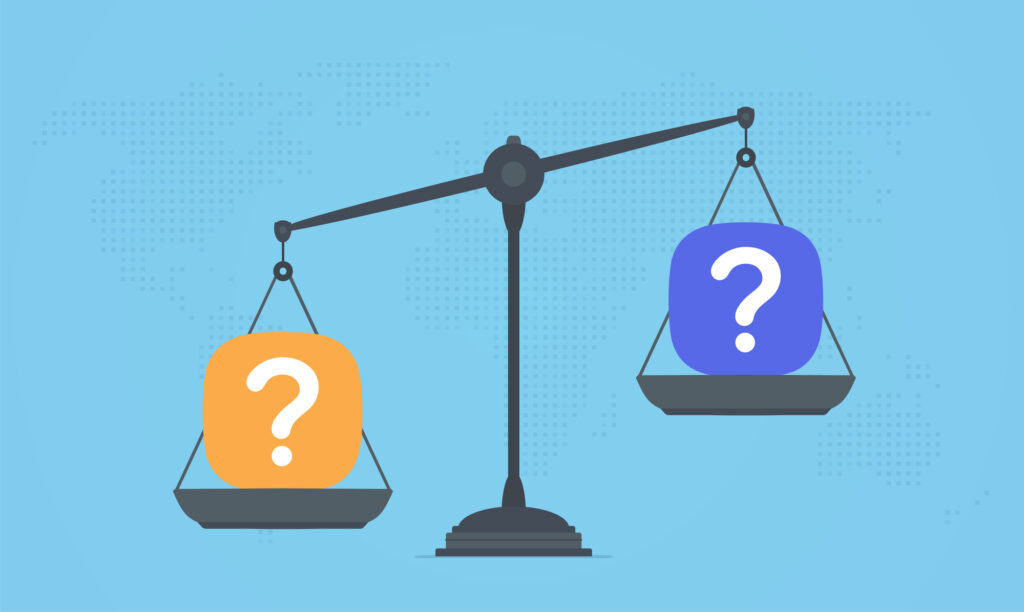 Financial Considerations for Outpatient Care
Financial Considerations for Outpatient CareNavigating the financial aspect of recovery can be overwhelming, yet outpatient care typically provides a cost-efficient solution for addiction treatment. With programs ranging from $2,000 to $5,500 for 1-3 months of treatment, the financial barrier to accessing care is lowered. Many outpatient facilities offer financial assistance, sliding scale fees, and upfront costs such as admission fees, providing financial flexibility for patients.
Additionally, health insurance coverage can range from partial to full costs, making it crucial to verify with providers such as American Addiction Centers the extent of coverage for your specific situation.
The decision between inpatient and outpatient rehab hinges on personal needs and circumstances. Inpatient rehab programs provide a full-time, structured environment that may last from 1-3 months, suitable for those requiring intensive, supervised care and a range of therapies. In contrast, an inpatient rehab program offers greater flexibility, allowing patients to manage personal responsibilities while receiving treatment, although it may be less effective for individuals struggling to maintain sobriety in the presence of triggers. Both inpatient and outpatient treatment options have their unique benefits and challenges, making it essential to choose the right path for each individual’s recovery journey.
Ultimately, the decision hinges on the level of care needed, with inpatient programs being more fitting for those who benefit from a full-time treatment setting. The role of family in enhancing recovery cannot be underestimated, as their involvement in outpatient care can significantly boost the recovery process.
Locating the ideal outpatient rehab center is a pursuit of quality and compatibility. It’s vital to investigate the following factors when making your choice:
The accreditation of the program
The qualifications of the treatment staff
Whether your insurance is accepted
The program’s focus
The therapies and activities it offers
The resources available for ongoing maintenance
Consider these factors to ensure you find the best outpatient rehab center for your needs.
Touring the centers and asking specific questions will assist in determining if the program aligns with your distinctive needs. Caution is advised against programs that make unrealistic claims, lack evidence of success rates, or do not provide personalized treatment plans.
In outpatient rehab, life skills training serves as the framework for constructing a new, substance-free existence. This training includes developing habits essential for a productive life, such as:
financial management
effective communication
time management
problem-solving
stress management
healthy coping mechanisms
The focus on practical skills like resume building and job interview preparation empowers individuals to navigate the real-world challenges they’ll face during recovery.
By fostering independence and self-sufficiency, life skills training contributes significantly to the rehabilitation process.
The search for a local outpatient rehab center starts with:
Consultations with addiction specialists
Personal recommendations from those undergoing recovery
Resources like SAMHSA’s National Helpline and ATLAS on Shatterproof.org, which offer confidential assistance to help determine the appropriate level of care.
The National Association of Addiction Treatment Providers (NAATP) provides a directory of licensed and accredited treatment centers, ensuring ethical standards that protect patients’ health, rights, and finances. It is crucial to be vigilant about misleading advertisements and verify the credibility of treatment centers to avoid falling prey to unethical practices like patient brokering.s for